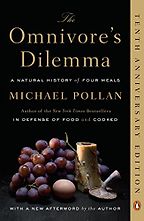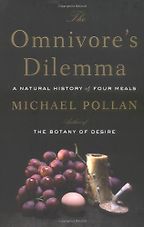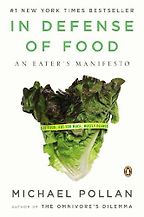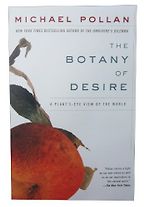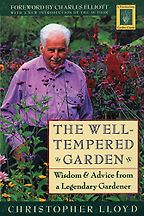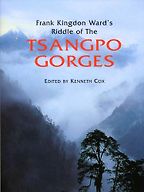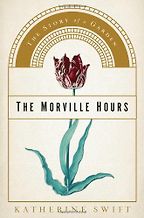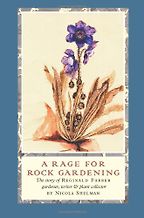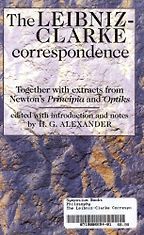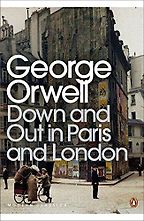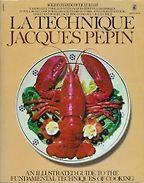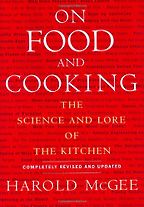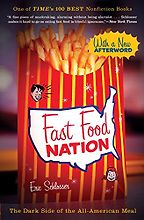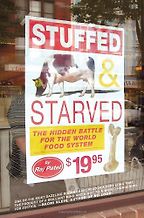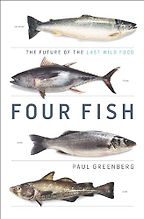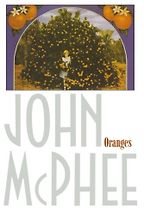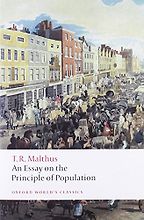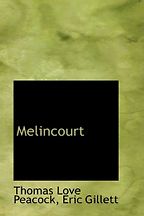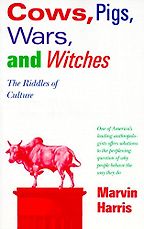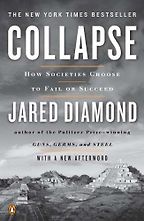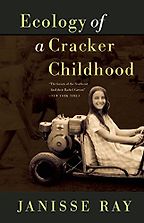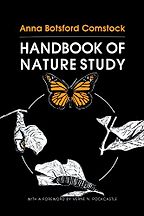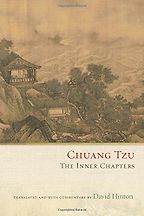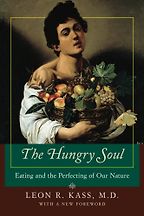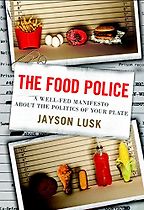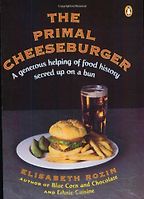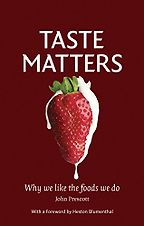Books by Michael Pollan
“Michael Pollan is an excellent journalist who specializes in the food domain.He proposes relying more on whole foods and less on processed foods, like Oreo Cookies. He argues that unprocessed foods are more nutritious, more wholistic and better for the environment.” Read more...
The best books on Food Psychology
Paul Rozin, Psychologist
“Through the stories of four familiar plant species–apples, tulips, marijuana, and potatoes–he demolishes the erroneous impression that we’re in charge.” Read more...
David George Haskell, Biologist
The Omnivore’s Dilemma
by Michael Pollan
Pollan looks at the way we subsidise big commodity agriculture, which encourages an artificially cheap system for bad food
In Defense of Food
by Michael Pollan
Pollan takes the science of food and shows where it’s been misapplied. So there’s been a lot of science around nutrition that is very bad science. It’s the opposite of the Leibniz thing; it’s effectively mysticism cased in the veneer of scientific work. Pollan takes a very pragmatic view, which he sums up in one sentence: ‘Eat food, not too much, mostly plants’.
The Botany of Desire: A Plant's-Eye View of the World
by Michael Pollan
You can’t fail to be fascinated by this exposition of the motivations of plants to cuddle up to humans. One of several excellent Michael Pollan books, it’s a fun read. He delves out the most amazing information. PBS made a TV series of this book, which is yet to be shown in the UK.
Interviews where books by Michael Pollan were recommended
The best books on Plants and Plant Hunting, recommended by Kenneth Cox
The author, plantsman and rhododendron expert selects his favourite books on botanical exploration and explains his passion for plant hunting
The best books on His Fast Food Philosophy, recommended by Henry Dimbleby
The co-founder of the Leon chain of healthy fast food restaurants describes his growth as a chef through books, from Orwell to Jacques Pépin
The best books on Food Production, recommended by Barry Estabrook
Do you know what’s in the food you eat, and how it gets from field to plate? The author of an acclaimed exposé of American agribusiness tells us where to look if we want to become better-informed consumers
The best books on The Global Food Scandal, recommended by Tristram Stuart
The campaigner and historian says that Western countries waste more food than they consume. Believe him: he survives off food scavenged exclusively from supermarket bins
-

1
Ecology of a Cracker Childhood
by Janisse Ray -

2
Handbook of Nature Study
by Anna Botsford Comstock -

3
The New Sylva: A Discourse of Forest and Orchard Trees for the Twenty-First Century
by Gabriel Hemery & Sarah Simblet -

4
Chuang Tzu: The Inner Chapters
by David Hinton & Zhuangzi (aka Chuang Tzu) -

5
The Botany of Desire: A Plant's-Eye View of the World
by Michael Pollan
The best books on Trees, recommended by David George Haskell
The best books on Trees, recommended by David George Haskell
‘The wood that frames our houses, holds up our furniture, and gives us paper arrives with signs of its ecological history purged.’ We’re a long way from the campfire where our relationship with trees got going. Here, David George Haskell takes us back, deep into the forest.
-

1
The Hungry Soul: Eating and the Perfecting of Our Nature
by Leon R Kass -

2
The Omnivore's Dilemma: A Natural History of Four Meals
by Michael Pollan -

3
The Food Police: A Well-Fed Manifesto About the Politics of Your Plate
by Jayson Lusk -

4
The Primal Cheeseburger: A Generous Helping of Food History Served On a Bun
by Elizabeth Rozin -

5
Taste Matters: Why We Like the Foods We Do
by John Prescott
The best books on Food Psychology, recommended by Paul Rozin
The best books on Food Psychology, recommended by Paul Rozin
Food is an affirmation of who we are. Paul Rozin, food psychologist at the University of Pennsylvania, deconstructs the cheeseburger and busts myths about food consumption: not only is our food budget controlling what we eat, but also the expensive organic foods we’re pressured to buy may not even be healthier—let alone better-tasting—than their alternatives.
